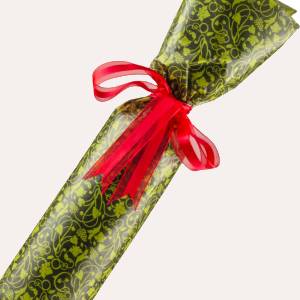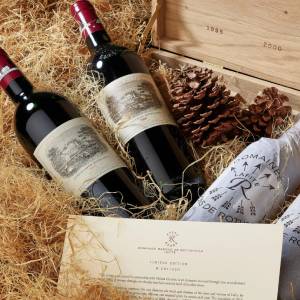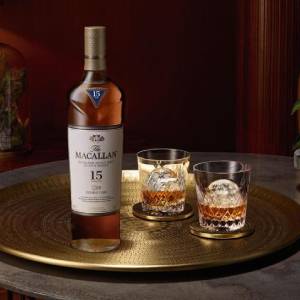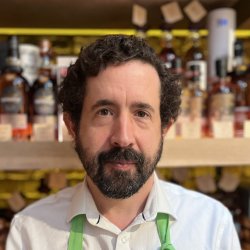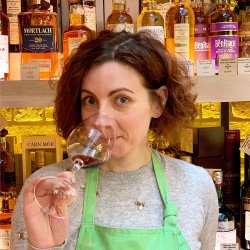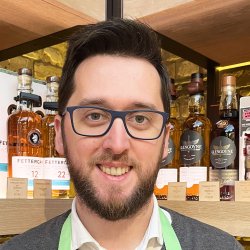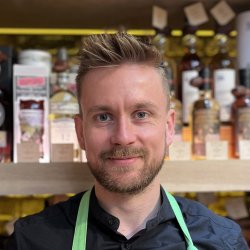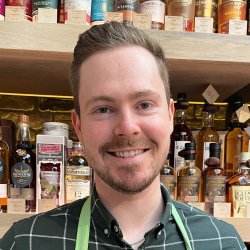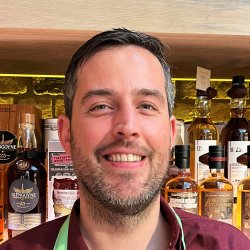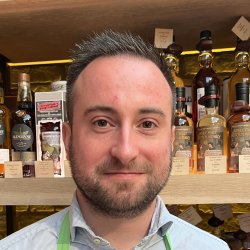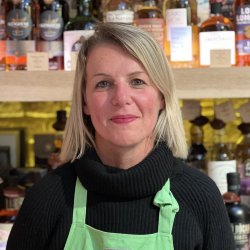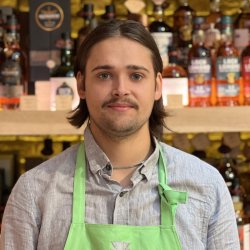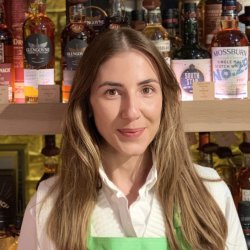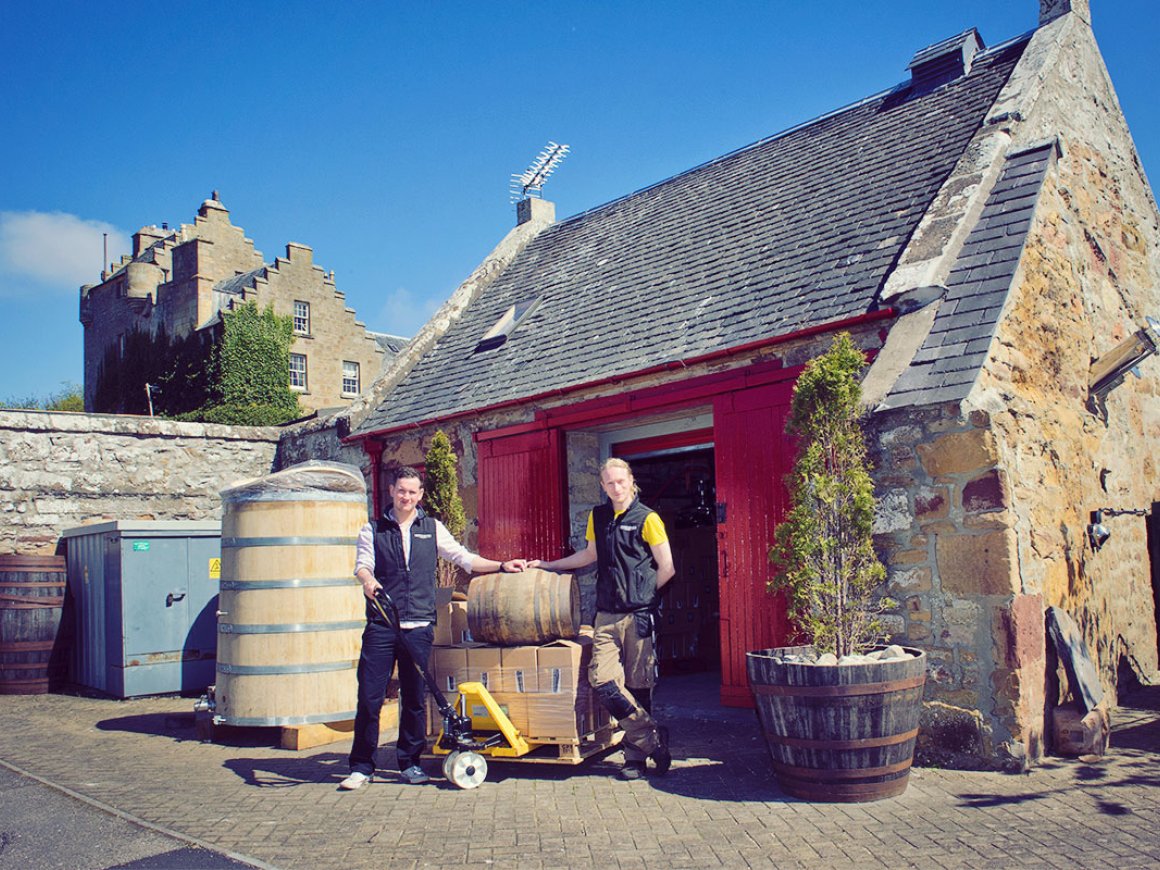
Dornoch
Est. 2017 | Dornoch village, Highlands
Dornoch Distillery was successfully crowd-funded in 2016 by whisky-loving brother Philip and Simon Thompson, who runs the celebrated whisky bar at Dornoch Castle Hotel. Inspired by the single malts produced during the early decades of the 20th century, they began distilling in 2017 and produce a range of experimental Highland whiskies which are increasingly attracting the attention of single malt enthusiasts. Into the tiny distillery, housed in the Old Fire Station on the grounds of Dornoch Castle Hotel, the brothers have managed to squeeze in two gas-fired pot stills, a 2,000-litre pot-column still, a smaller pot-column still, wooden washbacks and a semi-lauter mashtun.
Long fermentations encourage complex, fruity flavours in the new make, while only organic, heritage varieties of barley are used, creating an intensity of flavour in Dornoch’s whisky which is most conducive to long-term maturation. The first release was a three year old distilled in 2017 and matured in first-fill ex-oloroso Sherry casks and offers a thrilling insight into what to expect from this distillery in future.
Nc’Nean
Est. 2017 | Morvern Penninsula, Highlands
Nc’Nean takes its name from Neachneohain, an ancient Gaelic goddess known as the ‘Queen of Spirits’ and a protector of nature. Located in Morvern on the west-coast of Scotland, Nc’Nean was established in 2017 by Annabel Thomas, whose aim was to change the way people think about single malt – whereby sustainable practices were as much of the distillery’s raison d’etre as the quality of the single malts themselves.
Nc’Nean now has four different series of whiskies, plus a Botanical spirit. The company uses only organic Scottish barley and is powered by renewable energy. Nc’Nean whisky is bottled in 100% recycled clear glass bottles. Nc’Nean’s flagship Organic Single Malt is matured in specially treated red wine and American whiskey barrels, alongside a small amount of Sherry casks. Meanwhile the distillery’s experimental vein is exemplified in their trailling of different yeast strains, resulting in two innovative releases in its Huntress series.
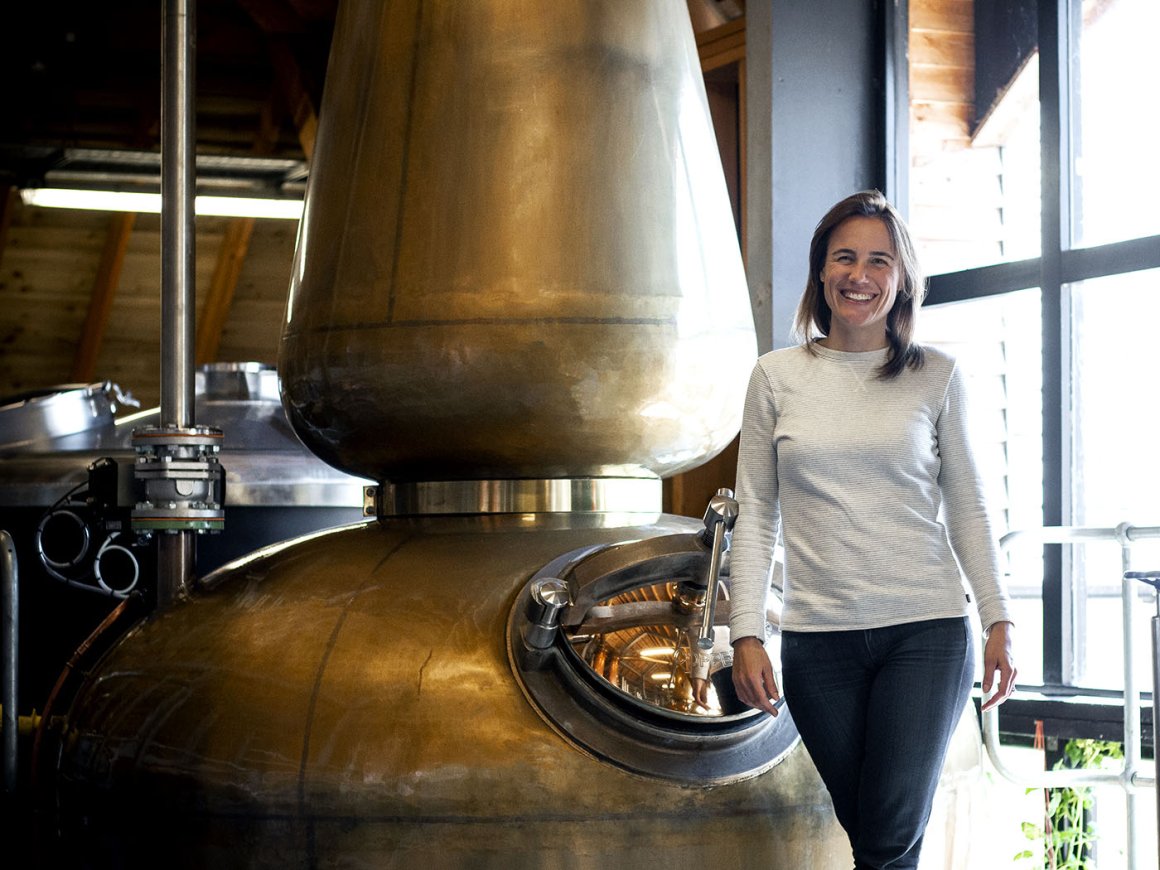
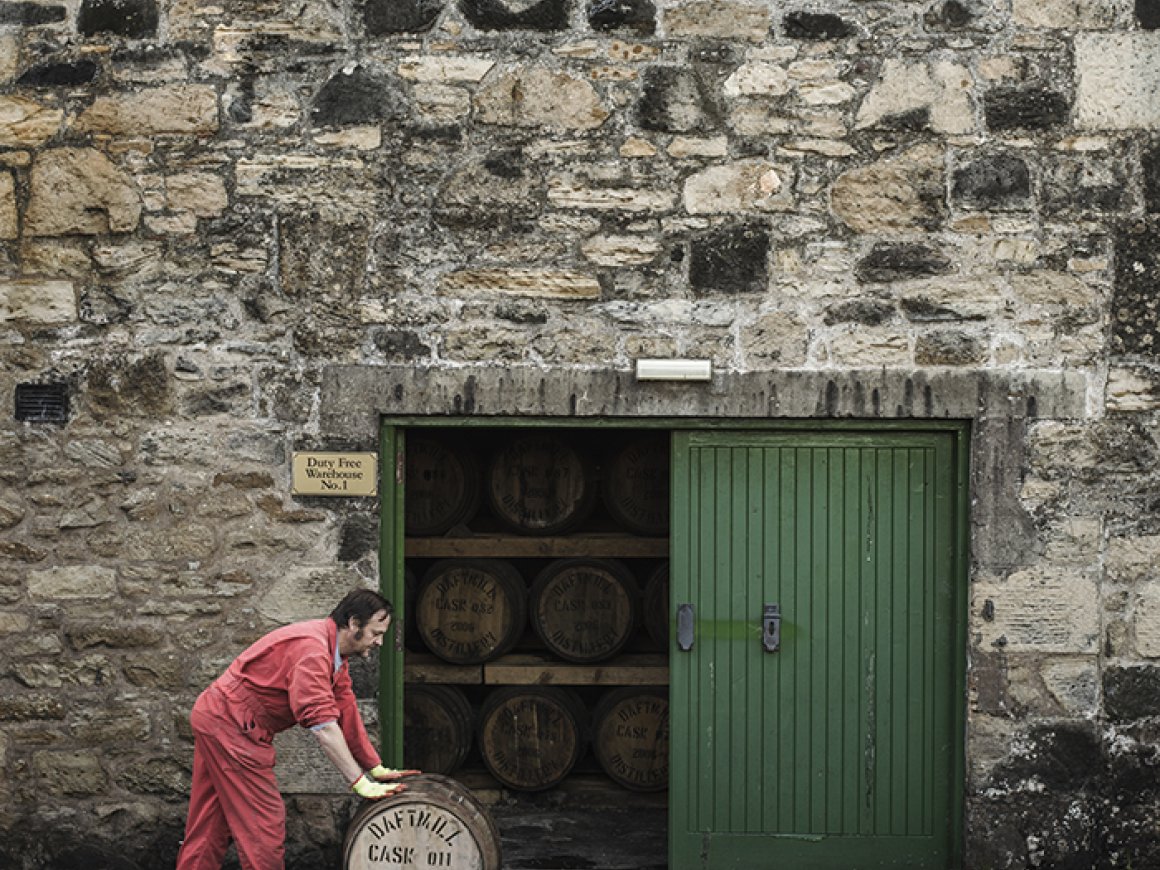
Daftmill
Est. 2005 | The Howe of Fife, Lowlands
Daftmill Distillery produced its first Lowland single malt whisky, the Daftmill 12-year Inaugural Release, in 2018 from spirit distilled in 2005. This small farm distillery has garnered ever greater attention from the single malt cognoscenti with each successive release. Run by sixth-generation farmers Francis and Ian Cuthbert, Daftmill oversees the entire production whisky process, from farm to glass, using barley grown at the Cuthberts’ farm and water from the family’s own well.
Unusually long fermentations of clear wort and distillation in traditional Forsyth copper pot stills generates a light, floral new make that develops into a gentle rounded fruity whisky with light herbal and floral notes as it matures in cask. Daftmill’s classic Lowland style of whisky is matured predominantly in ex-Bourbon casks, with some maturation in ex-Sherry and rum casks. The distillery is only operational during the summer and winter months and the production capacity is small, meaning that production can be limited to as few as 100 casks per year.
Isle of Raasay
Est. 2017 | Inner Hebrides, Islands
Established in 2017, Isle of Raasay Distillery is the first legal distillery on the remote Inner Hebridean island of Raasay. Using water sourced from an ancient iron age well with a high mineral content derived from the island's volcanic and sandstone rock, Raasay whisky is distilled in copper pot stills and is matured in a variety of oak casks, from ex-Bourbon casks to those used to mature Bordeaux red wine.
The distillery's flagship brand is Isle of Raasay Single Malt Scotch Whisky, released since 2020. Peated and unpeated Raasay spirits are individually matured in a combination of rye whiskey, chinkapin oak, and Bordeaux red wine casks. Since its inaugural release, the distillery has also released a number of limited special and single-cask whiskies. The distillery also has interesting plans to develop whiskies using barley grown on the Isle of Raasay.
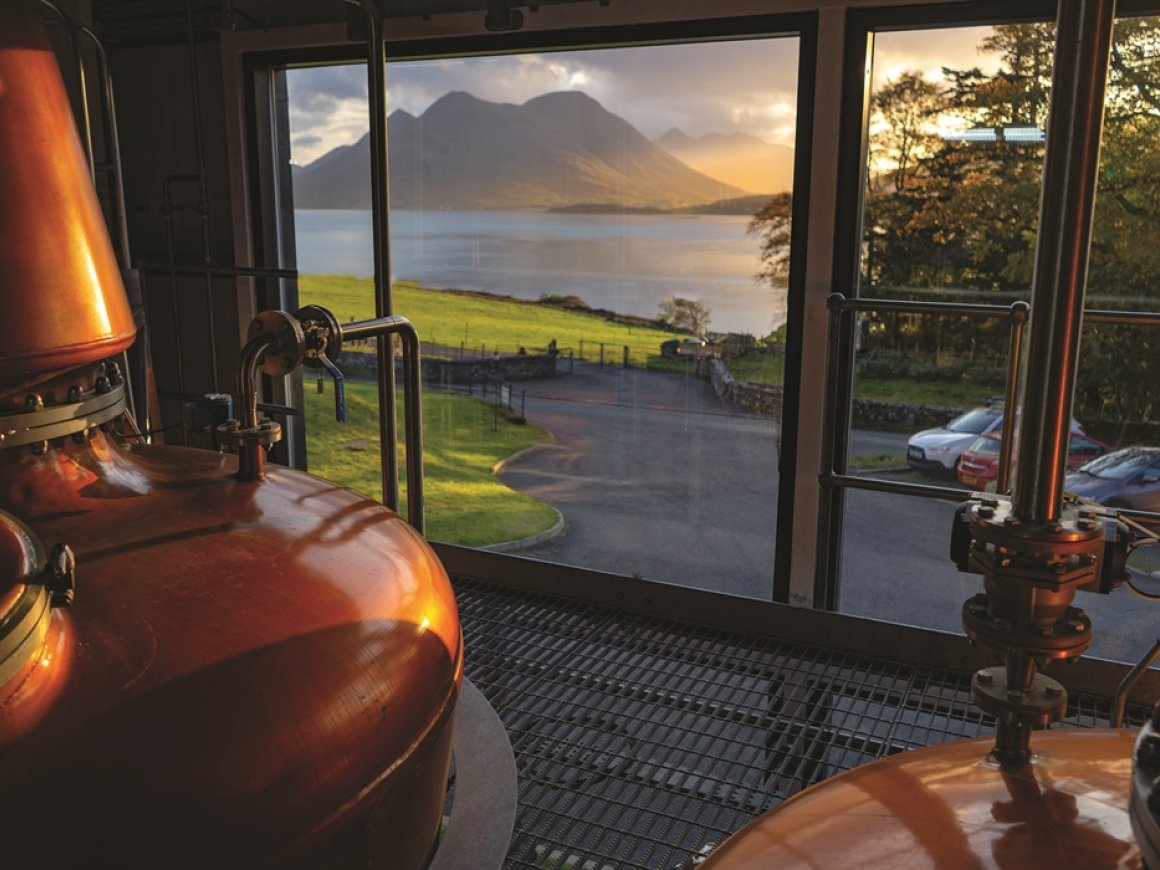
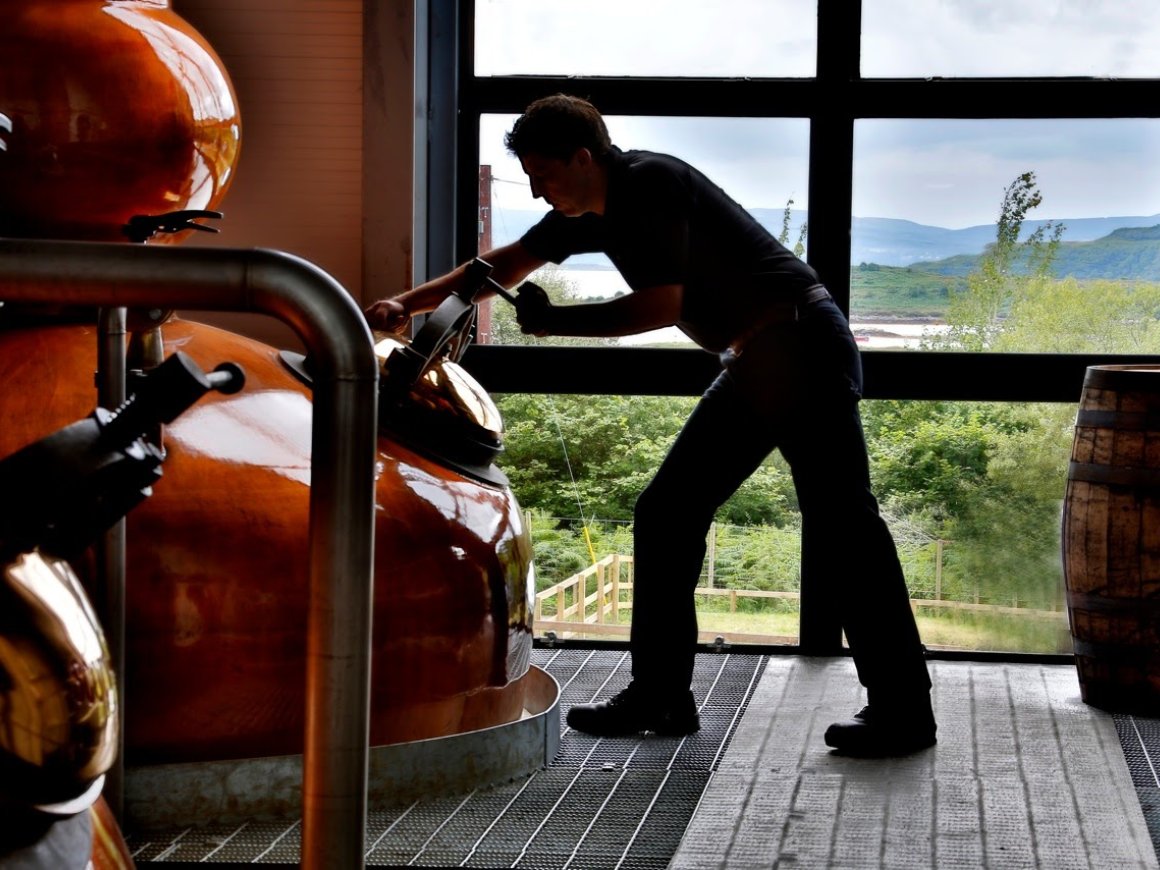
Ardnamurchan
Est. 2014 | Peninsula of Lochaber, Highlands
Born from the ashes of the Loch Katrine Adelphi Distillery in the Gorbals district of Glasgow, Ardnamurchan Distillery is located in the tiny village of Glenbeg on the Ardnamurchan peninsula of Lochaber in the West Highlands – one of the most remote distillery locations in Scotland.
The distillery produces peated and unpeated styles of West Highland whiskies. Ardnamurchan is billed as ‘Scotland’s greenest distillery’ and runs entirely on renewable energy. Hydroelectric power is generated from the local river. Biomass fuel is also generated from wood from the local forest. Also, by-products of the distillery’s whisky production, such as barely retained after malting and pot ale left after distillation, are used as cattle feed and fertiliser, respectively. Long fermentation and the use of thin-necked copper stills, including a reflux bowl in the spirit still, combine to produce a light, refined, apple-flavoured spirit, which is matured a combination of ex-Sherry and ex-Bourbon casks, with the addition of barrel experiments using casks used to mature, for example, Tequila and rum.
